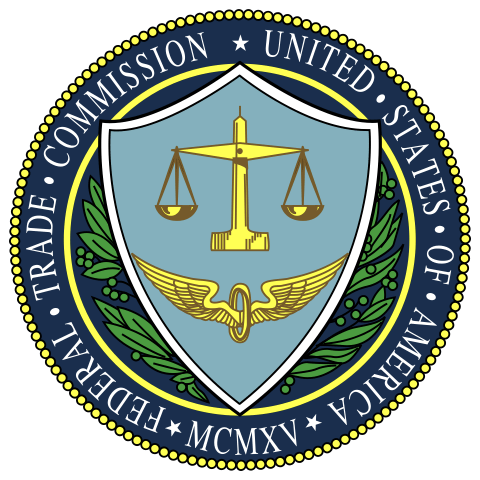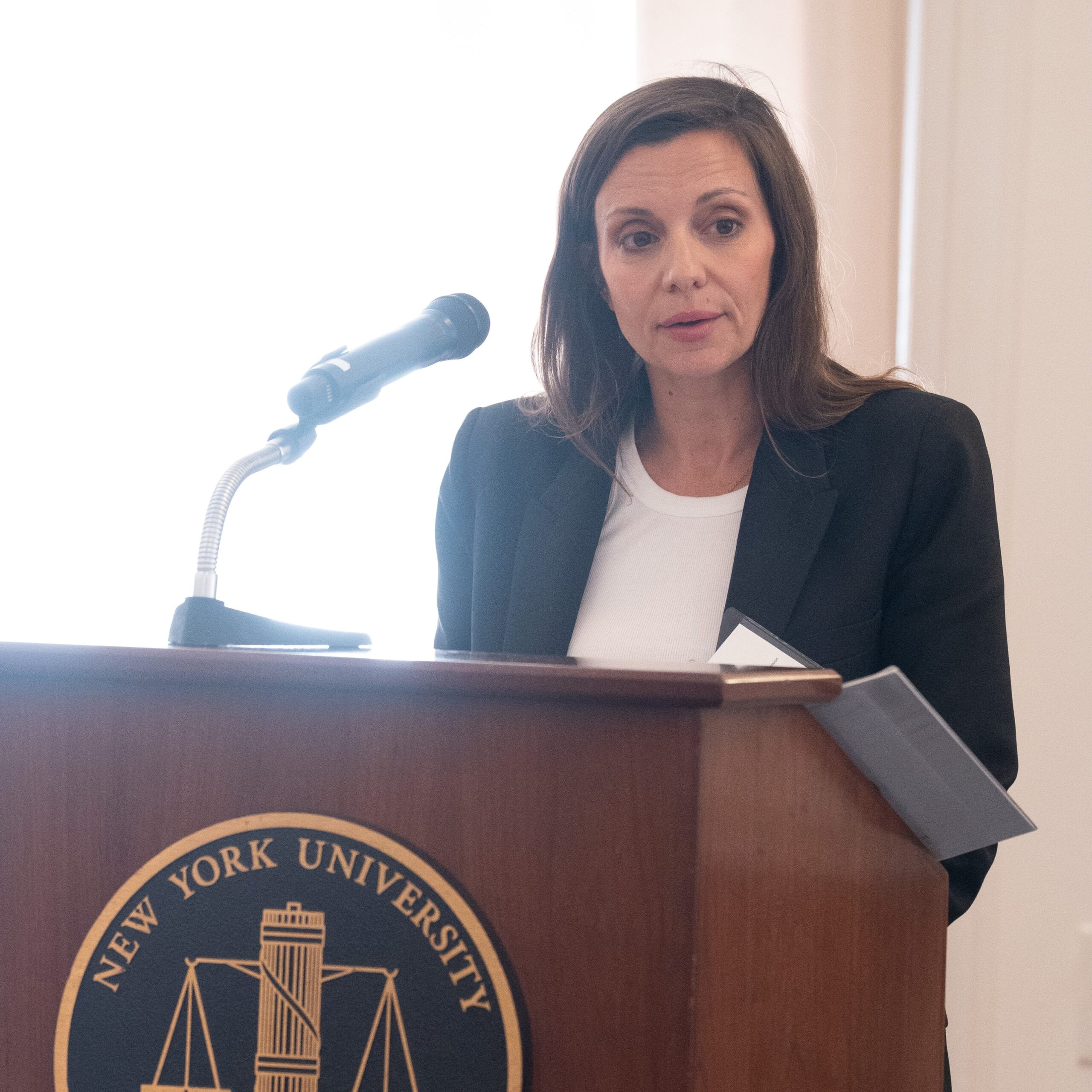by Elliot Greenfield, Matthew E. Kaplan, Maeve O’Connor, Benjamin R. Pedersen, Jonathan R. Tuttle, Anna Moody, Brandon Fetzer, and Mark D. Flinn

Top left to right: Elliot Greenfield, Matthew E. Kaplan, Maeve O’Connor, and Benjamin R. Pedersen.
Bottom left to right: Jonathan R. Tuttle, Anna Moody, Brandon Fetzer, and Mark D. Flinn. (Photos courtesy of Debevoise & Plimpton LLP).
On April 12, 2024, in a highly anticipated decision, the Supreme Court held in Macquarie Infrastructure Corp. v. Moab Partners, L.P.[1] that pure omissions are not actionable in private litigation under Rule 10b-5(b). Resolving a circuit split, the Court held that Rule 10b-5(b) does not support a “pure omissions” theory based on an alleged failure to disclose material information required by Item 303 of SEC Regulation S-K (Management’s discussion and analysis of financial condition and results of operations, or MD&A). Instead, a “failure to disclose information required by [MD&A] can support a Rule 10b-5(b) claim only if the omission renders affirmative statements made misleading.”[2] While the decision arose in the context of Item 303, which requires disclosure of “known trends and uncertainties” that have had or are “reasonably likely” to have a material impact on net sales, revenues or income from continuing operations,[3] the decision stands for the broader principle that Rule 10b-5(b) does not support pure omissions theories based on alleged violation of any disclosure requirement. Such claims remain viable, however, under Section 11 of the Securities Act of 1933. This ruling provides welcome clarity to issuers and eliminates the risk of pure-omission claims under Rule 10b-5(b) based on the judgment-based requirements of MD&A.
Continue reading →









